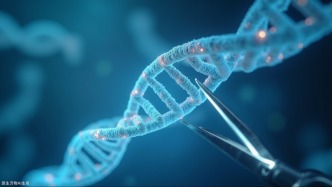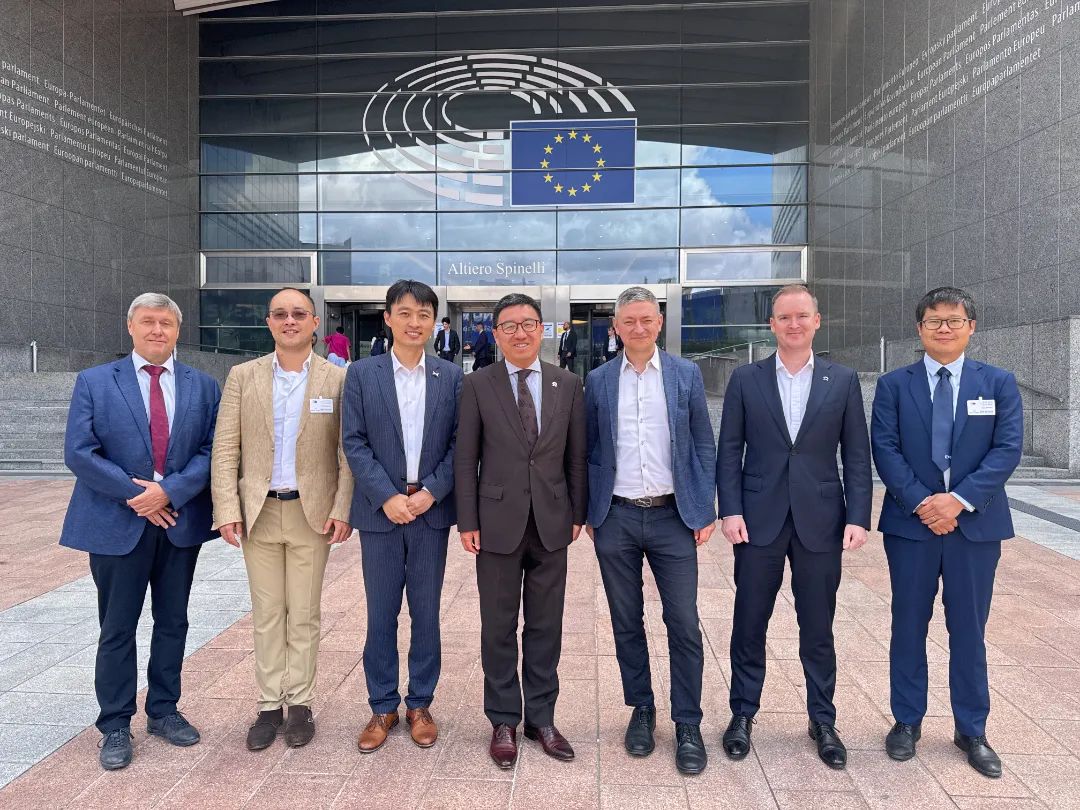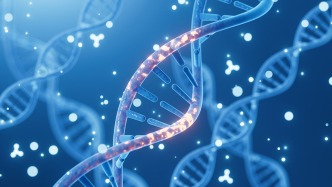
In order to achieve the European Green Deal's goal of 25% organic agriculture by 2030, scientists from Germany, the Netherlands, the United States and other countries recently published an opinion article in Cell Reports-Sustainability, advocating that Europe should allow the use of gene editing technology (NGT) that does not require pre-market approval in organic and traditional food production. They also explained how NGT can help quickly cultivate crops that can adapt to climate change, have higher yields and require less fertilizers and pesticides.
"This is an excellent opportunity to modernize European agriculture and at the same time contribute to greater sustainability within the EU," said lead author Alexandra Molitorisova of the University of Bayreuth in Germany.
Currently, 10% of agricultural land in the EU is used for organic farming. However, the authors say that although organic farming can reduce carbon emissions and pollution from fertilizers and pesticides, if the same output is achieved by expanding organic agricultural land, it may lead to agricultural land expansion and cause biodiversity loss, offsetting some of the environmental benefits of organic farming.
“The EU target of 25% of agricultural land being organic is unlikely to ensure sustainable food production if modern biotechnologies such as new genomic technologies are excluded from organic farming,” Molitorisova said.
European institutions are currently debating how to regulate NGTs, as they did not exist when the EU passed genetically modified organisms (GMO) legislation in 2001. Previously, the European Commission proposed allowing their use in conventional agriculture but not in organic farming.
"The study shows that NGT is still something that European consumers do not fully understand - they cannot distinguish between NGT and GMOs," said Kai Purnhagen, the paper's corresponding author from the University of Bayreuth. "There are signs that consumers may accept these technologies if they bring substantial benefits, and the Commission's new regulatory proposal to allow the use of NGT in conventional agriculture is moving in this direction."
Although NGT crops are still developed through genetic modification, these processes do not usually involve the insertion of DNA from non-plant species. Based on this, the researchers argue that NGT and GMOs should be defined and regulated separately.
“In terms of consumers’ perception of naturalness, the conventional breeding process is between two varieties that can be crossed, and the same is true for NGT,” Molitorisova said. “So if consumers understand the nature and benefits of this technology, they should be more accepting of NGT technology than GMOs, which may involve the insertion of non-plant genes into the plant genome.”
The researchers also point out that the most common type of NGT, targeted mutagenesis, is very similar to mutagenesis, which uses chemicals or radioactive substances to induce random genetic mutations, and has never been subject to GMO regulations in the EU, even for organic farms.
"If mutagenesis was not exempted from GMO regulations, an estimated 80% to 90% of cereal products on the European market would need to be labeled as GMO," Purnhagen said.
The team stressed that allowing the use of NGT in conventional farming but not in organic farming would create huge challenges in the identification, labelling and traceability of NGT.
"Currently, there are unresolved practical problems in identifying novel genomic technologies in food, feed or seeds," Molitorisova said. "A reasonable alternative would be to allow the use of NGT in organic production, since the use of such technologies is unavoidable if NGT organisms cannot be identified."
Related paper information: http://doi.org/10.1016/j.crsus.2025.100405
(Original title: "Scientists recommend that the EU allow the use of gene editing technology")
- imcCItkuderhtpg06/21/2025
- eZTkhAKGjOgh06/21/2025
- QIUfSZcIzBNUeHG06/20/2025


